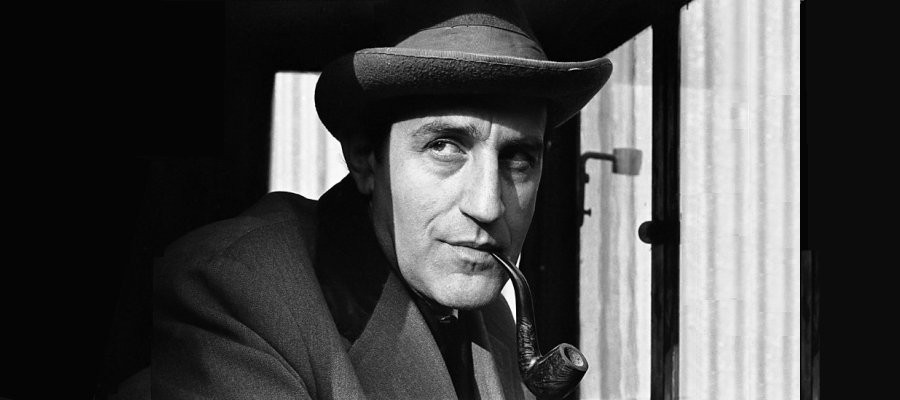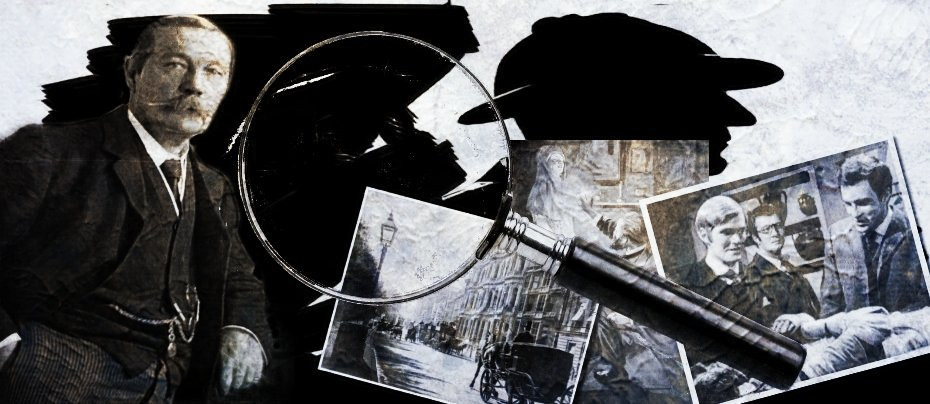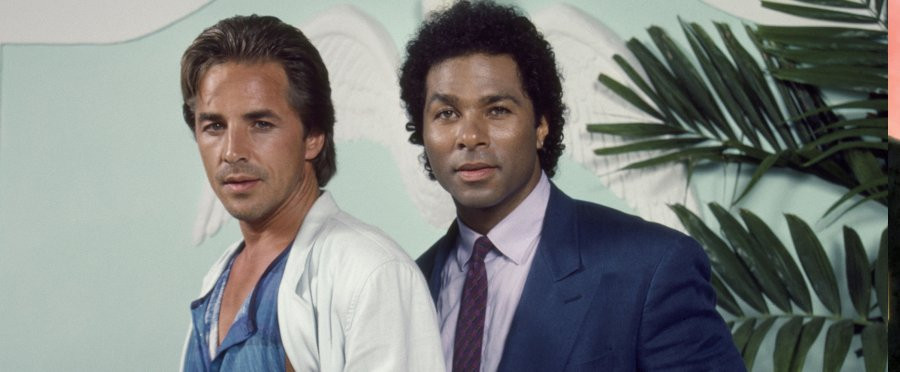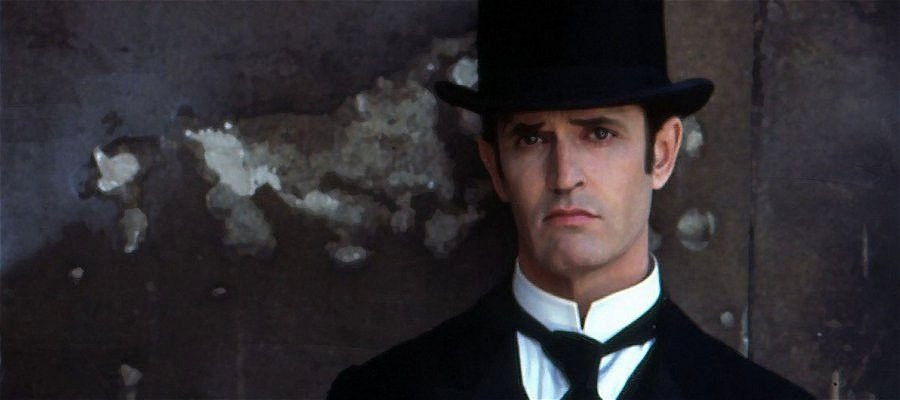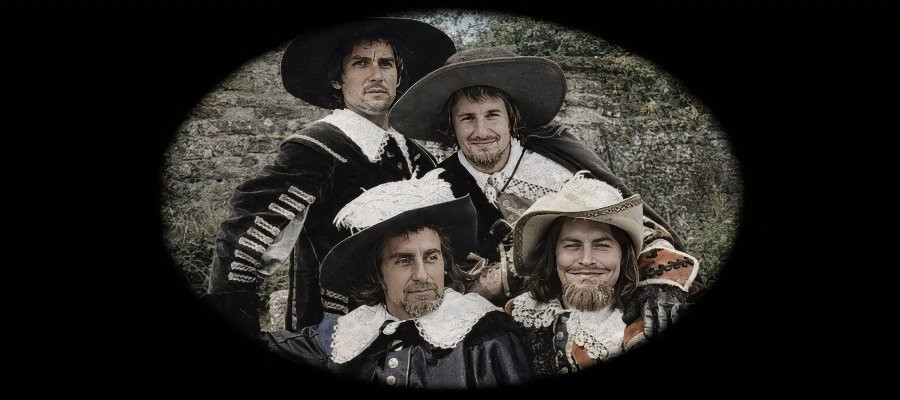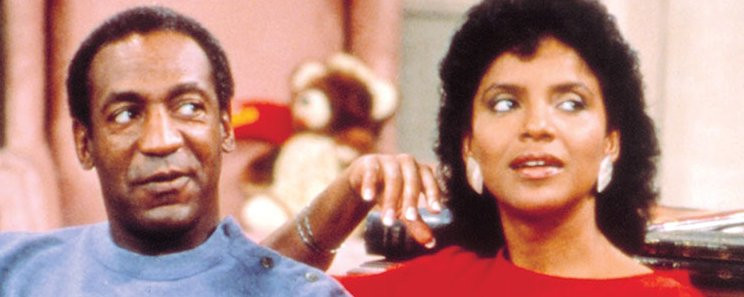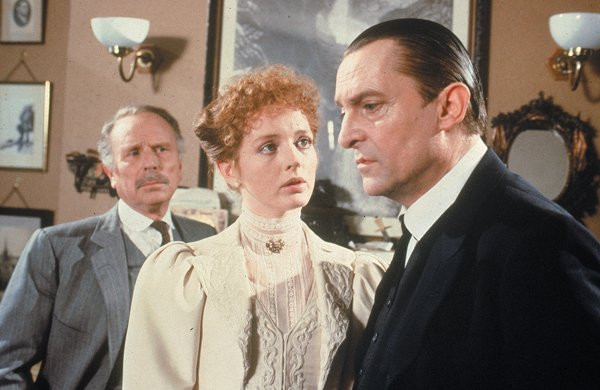
Adventures of Sherlock Holmes
1984 - United KingdomA near-flawless tribute to the literary brilliance of Sir Arthur Conan Doyle, Granada Television’s sumptuous adaptation of the Sherlock Holmes stories redefined the popular image of 221B Baker Street’s iconic residents. With a richly detailed production and an unwavering fidelity to the original texts, the series emerged as a landmark achievement—rivalling even the BBC’s finest period dramas.
Spearheaded by Granada’s then Head of Drama, Michael Cox, and brought to life by a carefully chosen team of elite writers and production talent, the series began with The Adventures of Sherlock Holmes, a 13-part masterclass in period television. It transported viewers into a fog-wreathed, intrigue-laden Victorian London, delivering what many consider the definitive on-screen realization of Holmes and Watson. While the meticulous period accuracy and story faithfulness were crucial, the casting of the central duo proved the series’ true stroke of genius.
Jeremy Brett’s performance as Sherlock Holmes was a revelation — a magnetic, often electrifying portrayal that captured not just the intellect and eccentricity of the great detective, but his very essence. Brett’s Holmes felt as though he had stepped directly from Conan Doyle’s pages, eclipsing even Basil Rathbone’s enduring interpretation. Doctor Watson, portrayed initially by David Burke and later by Edward Hardwicke, was likewise restored to his rightful stature. Far from the buffoonish sidekick of earlier adaptations, Granada’s Watson was brave, intelligent, and deeply loyal — a character whose grounded presence sharpened the brilliance of Holmes’ deductions.
This balanced depiction allowed the Holmes–Watson relationship to become the emotional and narrative core of the series. With Watson portrayed as an equal partner rather than comic relief, their bond gained a renewed complexity and warmth. The dynamic provided a vital conduit for viewer connection: Watson craved the adventure that Holmes unlocked, while Holmes, emotionally aloof, needed Watson’s steady empathy — and the opportunity to articulate his deductions without patronizing the audience.
Granada’s Sherlock Holmes stands as perhaps the most accomplished historical drama ever produced by British independent television. Internationally acclaimed — broadcast in over 50 countries and warmly received in the United States — it set a benchmark for literary adaptations that has yet to be matched. With the untimely passing of Jeremy Brett, the series became not just a triumph of television, but a lasting legacy to an actor who embodied a legend.
Any future Holmes adaptation will find surpassing this masterwork far from "elementary."
Seen this show? How do you rate it?
Seen this show? How do you rate it?
Published on November 26th, 2018. Humar.


